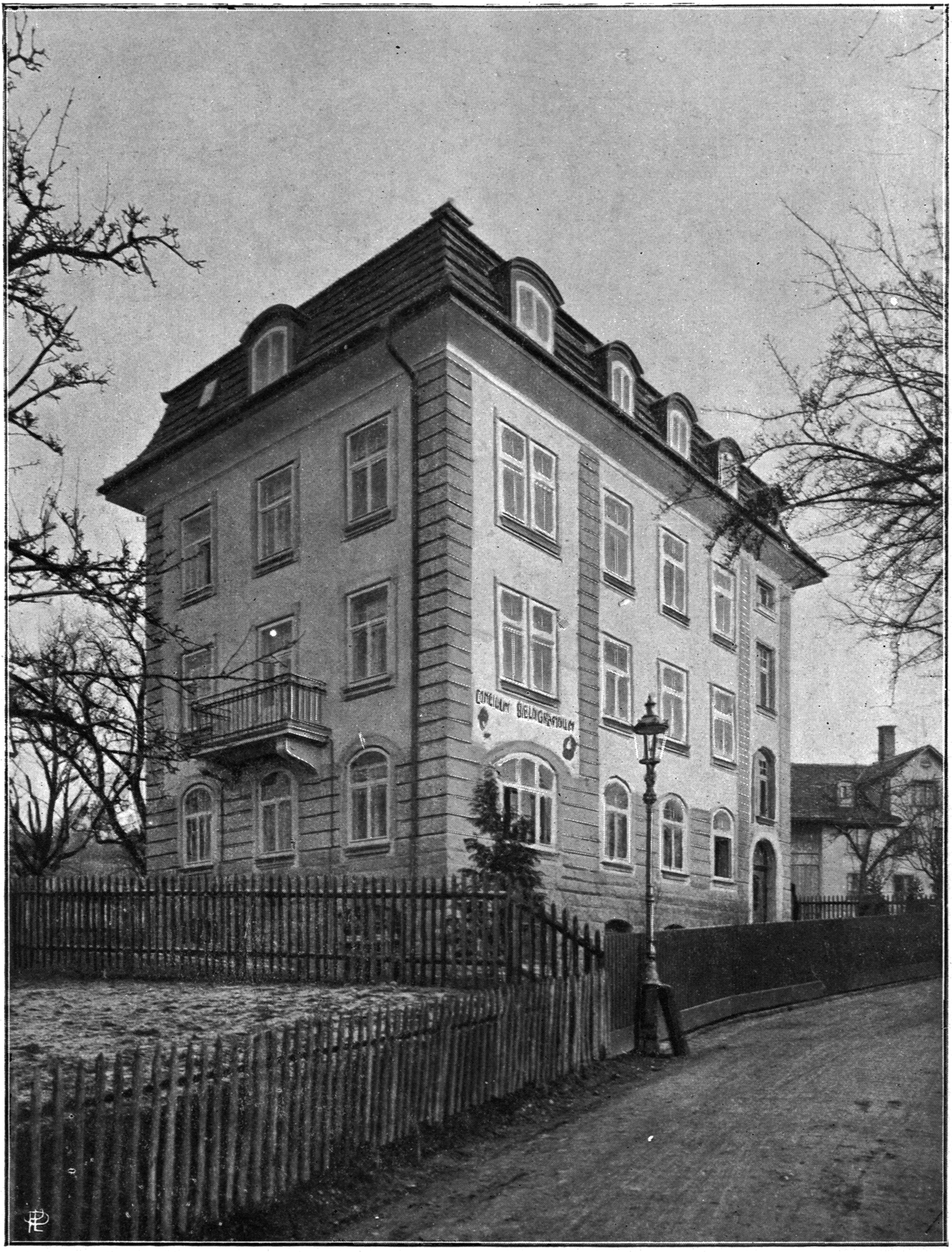Concilium Bibliographicum on:
[Wikipedia]
[Google]
[Amazon]
 The Concilium Bibliographicum was established in
The Concilium Bibliographicum was established in
 The Concilium Bibliographicum was established in
The Concilium Bibliographicum was established in Zurich
Zurich (; ) is the list of cities in Switzerland, largest city in Switzerland and the capital of the canton of Zurich. It is in north-central Switzerland, at the northwestern tip of Lake Zurich. , the municipality had 448,664 inhabitants. The ...
, Switzerland, in 1895 by the U.S. zoologist Herbert Haviland Field in response to the lack of timely and complete bibliographies to serve the new sciences that had begun to emerge in the late nineteenth century. Initially using his own funds, Field assumed the task of surveying all science journals and to use the then new index-cards and the highly sophisticated but complex Universal Decimal Classification
The Universal Decimal Classification (UDC) is a bibliographic and library classification representing the systematic arrangement of all branches of human knowledge organized as a coherent system in which knowledge fields are related and inter-lin ...
system to send packets, bi-weekly, to his subscribers who were each to build a cumulative card file that would allow access to complete bibliographic citations and subject identifiers for all the literature on zoology and related fields from 1895 to the present.
Field cooperated with the grand information efforts of Belgians Paul Otlet
Paul Marie Ghislain Otlet (; ; 23 August 1868 – 10 December 1944) was a Belgian author, lawyer and peace activist; who was a foundational figure in documentalism, a precursory discipline to information science.
Otlet created the Universal D ...
and Henri La Fontaine
Henri La Fontaine (; 22 April 1854 – 14 May 1943), was a Belgian international lawyer and president of the International Peace Bureau. He received the Nobel Peace Prize in 1913 because "he was the effective leader of the peace movement in Eur ...
who had founded the Institut International de Bibliographie (IIB) in Brussels
Brussels, officially the Brussels-Capital Region, (All text and all but one graphic show the English name as Brussels-Capital Region.) is a Communities, regions and language areas of Belgium#Regions, region of Belgium comprising #Municipalit ...
in 1895, later renamed as (in English) the International Federation for Information and Documentation
The International Federation for Information and Documentation (FID) was an international organization that was created to promote universal access to all recorded knowledge through the creation of an international classification system. FID stand ...
(FID). In its early years the Concilium operated as an affiliate of the IIB. Field is credited with persuading Otlet and La Fontaine to adopt the 75 x 125 mm card size. He was also responsible for developing at the Concilium the Zoology sections of the Universal Decimal Classification.
Success and struggle
The Concilium and the IIB faced hostilities arising from nationalistic competition among England, France and Germany, but by 1903 the Concilium had sent some 13,000,000 cards to over 600 subscribers in Europe and North and South America. It was, however, difficult to make the Concilium financially viable and just as it was on the verge of becoming self-sustaining the outbreak of war in 1914 forced it to suspend operations. After the war, as Herbert Field was overcoming objections to his system by applied scientists, such as those represented by theNational Research Council (United States)
The National Academies of Sciences, Engineering, and Medicine (NASEM), also known as the National Academies, is a congressionally chartered organization that serves as the collective scientific national academy of the United States. The name i ...
who favored a simpler and less expensive system based on volunteers composing abstracts of articles (as in Biological Abstracts
Biological Abstracts is a database produced by Clarivate Analytics. It includes abstracts from peer-reviewed academic journal articles in the fields of biology, biochemistry, biotechnology, botany, pre-clinical and experimental medicine, pharmac ...
) and saw no need for 'old knowledge', and just as he was about to receive funding from America's Rockefeller Foundation, he died. The Concilium was left in the hands of Johannes Strohl, a rather stubborn European scientist who found himself in conflict with the foundation, with those who favored a new world science information system based on abstracts, and with his subscribers who objected to the increased prices he had to charge as well as to the unwieldy size of the Concilium files as the number of science publications increased.
End
Already on its last legs, the outbreak of war in 1939 led to the closing of the Concilium in 1940. There were no attempts to revive it when peace returned.References
;General references * * * * * Non-profit organisations based in Switzerland Organizations established in 1895 Organizations disestablished in 1940 1895 establishments in Switzerland {{int-org-stub